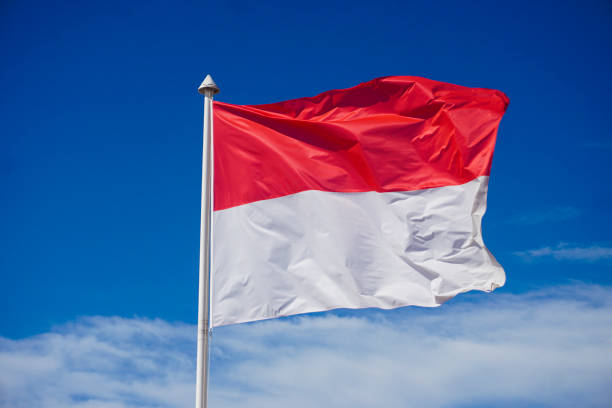Apple’s recent offer of a $100 million investment in Indonesia is a bold attempt to lift a ban on the iPhone 16 and other new Apple products, including the Apple Watch Series 10. The company’s proposal, which comes after a failed $10 million bid earlier this month, represents a significant escalation in Apple’s commitment to a market with over 280 million potential customers. This move aims to meet Indonesia’s 40% domestic content requirement for smartphones, a regulation that has halted the sale of Apple’s latest devices in the country.

The dispute began when Apple fell short by about $15 million of a local investment commitment worth IDR 1.71 trillion (roughly $107 million), which was a precondition to avoid the ban. Indonesia’s regulations demand that foreign tech companies contribute locally through either sourcing materials, manufacturing, or hiring Indonesian workers. Apple had invested approximately $94 million in the country through initiatives like developer academies, but that wasn’t enough to satisfy the local content requirements, leading to the suspension of newer Apple products on October 28, 2024.
Apple’s new proposal is a direct response to these regulatory pressures, with plans to establish a manufacturing facility in Indonesia, which could help meet the local sourcing needs. However, questions remain: Will this investment be enough to satisfy Indonesia’s demands, or will it lead to further negotiations for an even larger commitment?
According to Engadget, Apple’s offer is significant given the size of the market and the company’s long-term prospects in Indonesia. The Ministry of Industry in Indonesia is expected to review the proposal soon, though it’s unclear if this investment will be sufficient to reverse the ban on Apple’s latest devices. Apple’s previous bid of $10 million was rejected, signaling that the Indonesian government is not merely interested in financial contributions but also in substantial investments that will generate lasting local economic impact. As of now, older Apple devices remain available, but new products like the iPhone 16 and Apple Watch Series 10 are still banned.

Apple’s investment is designed to foster local job creation, technology transfer, and industrial growth in Indonesia. If approved, this proposal could further boost local businesses and create skilled jobs in advanced manufacturing. It could also improve the country’s attractiveness to other foreign companies looking to enter Southeast Asia’s growing tech market. The long-term benefits might include increased foreign direct investment and a more resilient economy. However, whether Apple’s efforts will be sufficient to tip the scales in its favor remains to be seen.
As Apple navigates the regulatory landscape in Indonesia, it faces not only local challenges but also growing competition from other tech giants like Samsung and Xiaomi, both of whom have already established significant manufacturing operations in Indonesia. Analysts suggest that this could set a new precedent for the level of foreign investment required to access markets in Southeast Asia. However, it’s also possible that Apple’s efforts may lead to more stringent regulations for foreign companies operating in Indonesia.
This situation, mirroring similar challenges Apple has faced in markets like India, highlights the complexities of global business operations in diverse regulatory environments. Experts warn that, while Apple’s investment could contribute to long-term growth in Indonesia, market access is never guaranteed—especially when local rules favor domestic competitors.
Apple’s ongoing battle to lift the iPhone 16 ban in Indonesia raises important questions about the future of global technology giants in Southeast Asia, with market access increasingly tied to local investment. If this strategy works, it may offer a model for Apple’s other operations in the region and beyond.
















